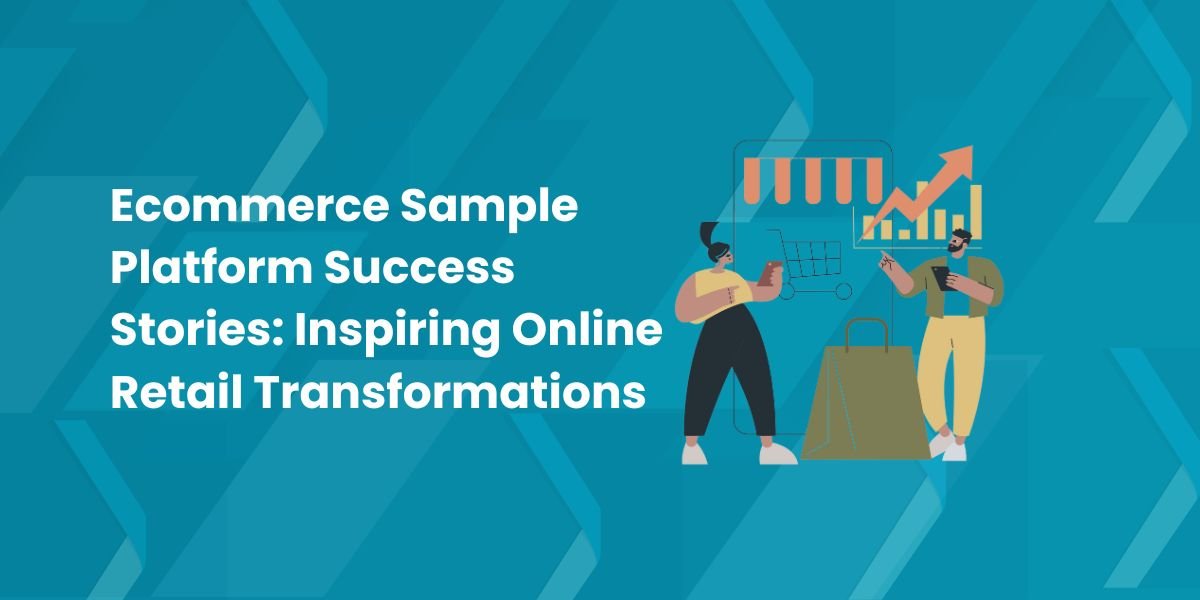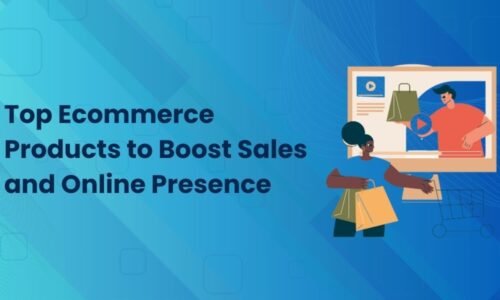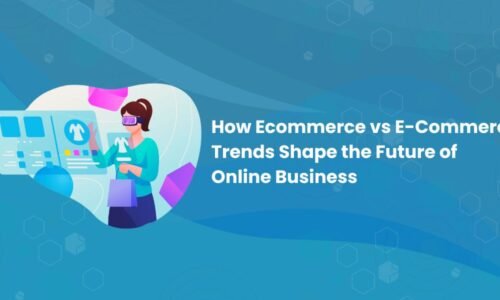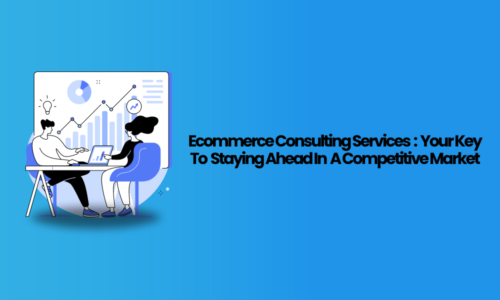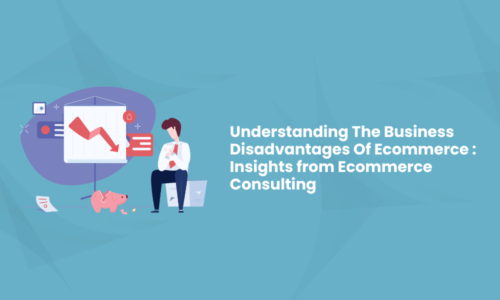In today’s digital age, establishing an online presence isn’t just a trend—it’s essential for businesses aiming to thrive. The ecommerce landscape offers boundless opportunities for both large and small retail businesses to reach a global audience. This article explores real-life ecommerce sample platform and their journeys to success, showcasing how they overcame challenges, leveraged technology, and built thriving online stores. Their stories illustrate the vast potential that ecommerce offers.
The Rise of Ecommerce: A New Era for Retail
The transition from brick-and-mortar stores to online platforms represents one of the most significant retail transformations of the 21st century. Ecommerce allows businesses to operate around the clock, reach customers globally, and reduce the overhead associated with physical stores. However, the path to establishing a successful online presence is fraught with challenges. By examining the experiences of various ecommerce sample platforms, new entrants can better navigate the complexities of online retail. Here are some inspiring ecommerce sample platforms and their success stories.
1. Glossier: From Blog to Beauty Empire
Glossier began as a blog called “Into the Gloss,” offering skincare and makeup tips, product reviews, and industry interviews. The brand’s success is largely attributed to its community-driven approach. By actively engaging with its audience and responding to their needs, Glossier developed products that resonated deeply with its community.
Glossier’s evolution from a blog to a thriving ecommerce sample platform exemplifies how businesses can harness content to build a loyal customer base. The brand’s ecommerce platform is designed to be sleek and user-friendly, offering a seamless shopping experience that has contributed to its global success. Glossier’s focus on customer engagement and user-generated content has cemented its place as a leader in the beauty industry.
2. Warby Parker: Revolutionising Eyewear
Warby Parker transformed the eyewear industry by offering high-quality glasses at a fraction of traditional retail prices. Recognizing the exorbitant costs due to monopolistic practices, Warby Parker introduced an innovative ecommerce model where customers could select five frames online, receive them for a free trial at home, and then choose their preferred pair to purchase.
As an ecommerce sample platform, Warby Parker demonstrates the impact of addressing a consumer pain point. Their direct-to-consumer model eliminated the middleman, resulting in significant cost savings passed on to customers. Although the brand has expanded into physical stores, its ecommerce platform remains integral, providing a seamless integration between online and offline shopping experiences.
3. All birds: Sustainable Footwear for the Conscious Consumer
Allbirds set out to create footwear that was both comfortable and environmentally friendly. By using natural materials like merino wool and eucalyptus tree fiber, the company built a brand identity centered around sustainability.
Allbirds’ success as an ecommerce sample platform highlights the power of building a brand around a strong value proposition. The company utilized its online platform to emphasize the environmental benefits of its products, attracting a dedicated customer base of eco-conscious consumers. The visually appealing and easy-to-navigate website underscores Allbirds’ commitment to transparency and sustainability.
4. Casper: Disrupting the Sleep Industry
Casper revolutionized the mattress industry by offering a single, high-quality mattress model exclusively online. Traditional mattress shopping involved multiple store visits, high-pressure sales tactics, and confusing pricing. Casper simplified this process by allowing customers to try the mattress for 100 nights with free returns.
Casper’s success as an ecommerce sample platform illustrates the effectiveness of a streamlined customer experience. Clear pricing, a user-friendly website, and a compelling brand story contributed to its industry disruption. Data-driven marketing strategies, including targeted ads and email campaigns, further bolstered Casper’s reach and effectiveness.
5. Gymshark: From Garage to Global Phenomenon
Gymshark began in a UK garage, founded by Ben Francis. It has since grown into a multimillion-dollar global brand. Gymshark’s success is attributed to its strategic use of social media and influencer marketing, particularly on platforms like Instagram and YouTube.
As an ecommerce sample platform, Gymshark showcases the power of digital marketing and community building. The brand created content that resonated with fitness enthusiasts and partnered with influencers who embodied its lifestyle. Their ecommerce platform is mobile-friendly and visually appealing, enhancing the shopping experience and facilitating global growth.
6. Bonobos: Pioneering the Online-Only Model
Bonobos, a men’s clothing brand, addressed the gap in the market for well-fitting pants. By launching as an online-only retailer, Bonobos set a precedent for other ecommerce businesses. The brand’s success was fueled by its strong value proposition and commitment to customer experience.
Bonobos’ ecommerce sample platform highlights the importance of bridging online and offline shopping experiences. Offering free returns and a unique “guide shop” concept allowed customers to try on clothes before ordering online, building trust and enhancing the brand’s online presence.
Embracing the Ecommerce Revolution
These success stories of ecommerce sample platforms demonstrate the diverse paths to achieving success in the online marketplace. Whether through community engagement like Glossier, disruptive models like Warby Parker, sustainability like Allbirds, simplified experiences like Casper, digital marketing like Gymshark, or innovative online-only models like Bonobos, businesses can find their own route to ecommerce success.
For retail businesses contemplating an online transition, these examples offer valuable insights. The journey to ecommerce success requires understanding your target audience, embracing innovation, and adapting to market changes. By learning from these real-life ecommerce sample platforms, you can chart your own path to online success and tap into the vast potential of the digital marketplace.
By leveraging these insights and adopting a strategic approach, retail businesses can unlock new growth opportunities, expand their reach, and achieve lasting success in the world of ecommerce.
